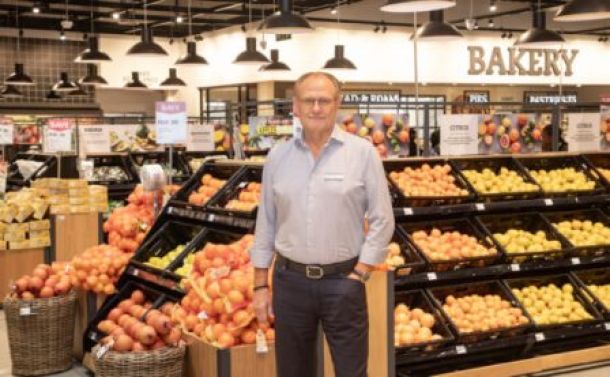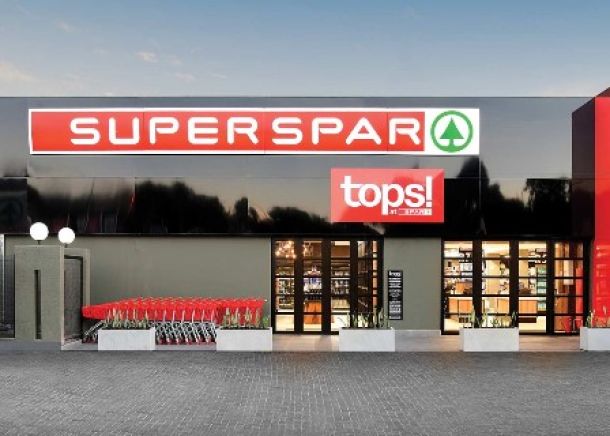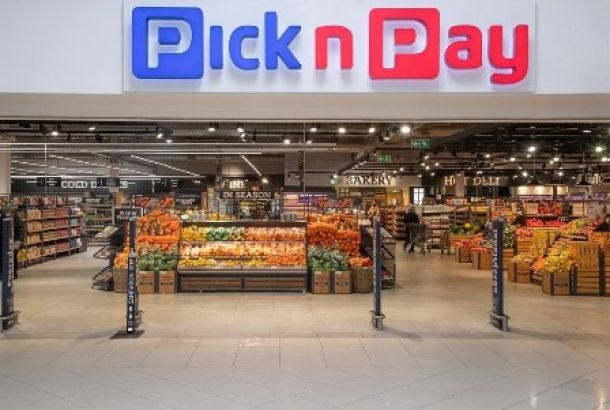Woolworths dizzy in its Aussie maze
The company's board seems bereft of ideas about how to get out of the mess it created by buying David Jones. The board of Woolworths unanimously endorsed the R23.3bn purchase of Australia-based department store retailer David Jones in early 2014.
Woolworths shareholders were also unanimous in their support for the proposed game-changing acquisition. In June 2014, 99% of them voted to approve the deal. Some analysts raised concerns about the steep premium being paid for a business that was showing signs of old age and looked a little out of touch with the latest consumer trends.
But the dynamism of group CEO Ian Moir and the alluring prospect of creating the largest retailer in the Southern Hemisphere won the day.
There were also the significant push-factors, if you will, of the economic destruction being wreaked by then president Jacob Zuma’s leadership and the grim prospect of continuous rolling blackouts threatened by a mismanaged Eskom. Picking up a high profile, albeit ageing, retail asset located in the ever-stable Australian economy looked like just the antidote.
So what if it was a little on the expensive side. Woolworths was just one of many SA companies desperate to get a foothold in any economy that would provide non-rand earnings. So desperate indeed that it is now apparent none of the executives involved or their high paid corporate advisers or their powerful institutional shareholders thought to look closely or with much scepticism at what they were buying. When it came to capital allocation they were driven by an acute case of “anywhere but SA”.
Initially, in financial 2015 and 2016, things went better than planned for Woolworths’ antipodean venture. None of the shareholders quibbled about Moir’s R54m remuneration package in 2016. And, although by 2017 there were signs of strain, only one institutional investor queried the justification for Moir’s multi-million rand retention bonus, which brought his remuneration that year to R35m.
By the time January 2018 came around few analysts or shareholders were surprised by the announcement of the David Jones write-down, but nearly everybody was stunned by the size. Almost one-third – R6.9bn – of the purchase price was written off. The write-off resulted in Woolworths reporting its first ever loss as a listed company. Worse was to come.
In August this year the group announced it had written off a further A$437.4m, which meant it was now valuing the Australian business at less than half of what it had paid for it five years earlier. The news was met with a sense of weary resignation by investors who had seen almost all of their Zuma-fuelled international purchases disintegrate. Ironically, most of the disintegration became apparent just as Zuma was being prised from the presidency.
But right now more worrying is that the Woolworths board seems bereft of any strategic ideas to deal with the severely challenging conditions facing it. In lieu of a strategy, six months ago the board said it was dispatching Moir to sort out the Australian mess, for which he was largely responsible. A few weeks ago all they could tell weary shareholders was that Moir was now based full-time in Australia. Analysts who regularly visit Australia are sceptical of Moir’s or anyone’s chances of turning David Jones to account. And few believe there’s a buyer even at the considerably written-down value.
Meanwhile, back home, media-shy Zyda Rylands, CEO of everything but Australia, looks to be making reasonable progress nudging the group towards recovery or at least stability. The SA food business continues to be a star performer and there are signs, although not yet entirely persuasive, that management is getting to grips with its clothing strategy.
But Rylands and her team are facing a nearly overwhelming challenge and, thanks to the Australian purchase, are weighed down by near-crippling debt levels. The economy is distressingly weak, in large part because of the capacity and resources (including sentiment) lost to state capture. The loss of tens of billions of rand on ill-considered international corporate investment hasn’t helped. Corporates under pressure are looking everywhere for cost-cutting opportunities, and employees are inevitably in their crosshairs. Pay and jobs are cut, so no surprise that Woolworths also has to deal with fragile consumer demand.
News Category
- International retailers
- On the move
- Awards and achievements
- Legislation
- Wine and liquor
- Africa
- Going green
- Supplier news
- Research tools
- Retailer trading results
- Supply chain
- Innovation and technology
- Economic factors
- Crime and security
- Store Openings
- Marketing and Promotions
- Social Responsibility
- Brand Press Office
Related Articles

Pick n Pay plunges 16% on JSE as stock adjusts ...

SPAR suffering from a hangover

Pain for Pick n Pay

Pick n Pay disaster


